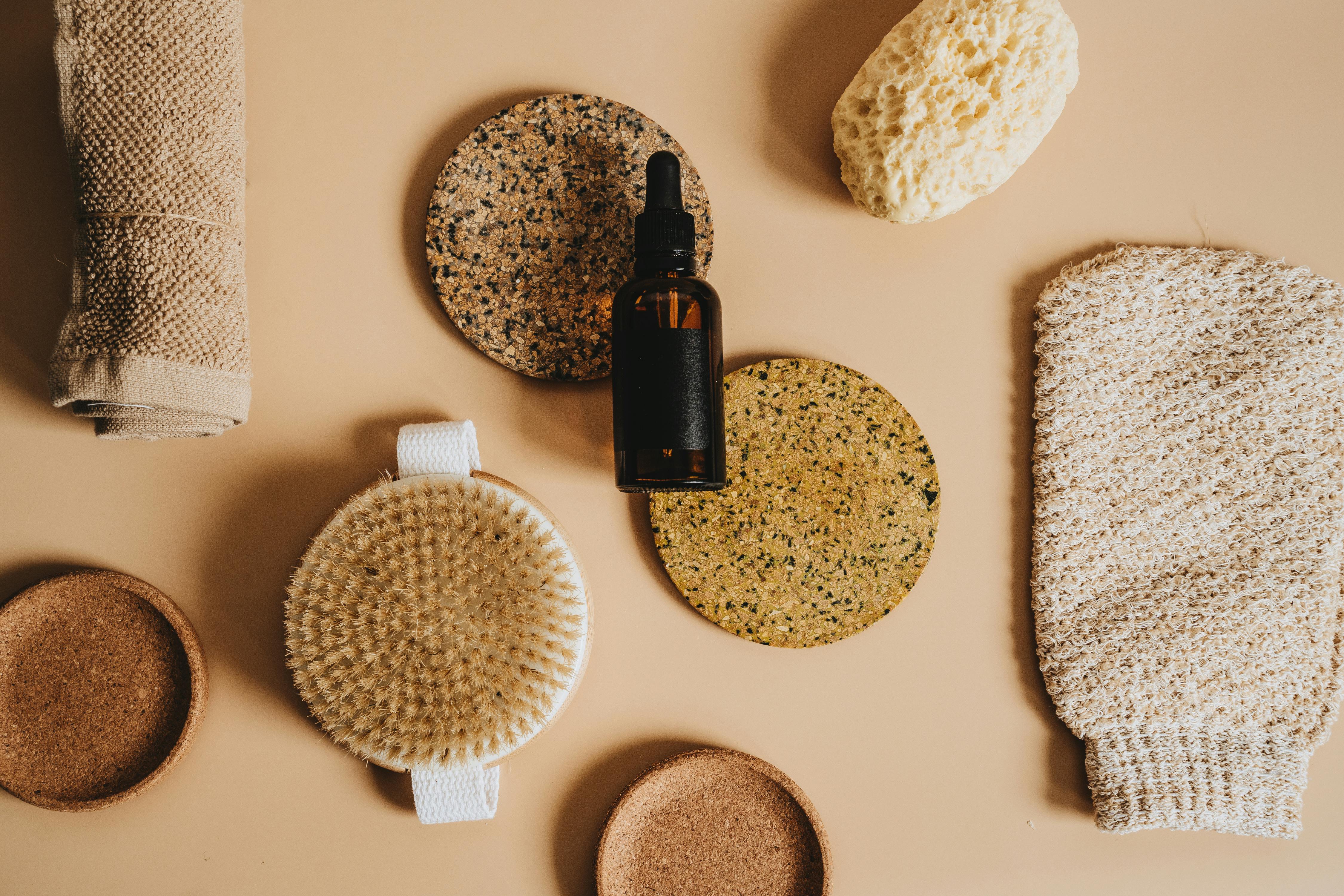"Understanding the Therapeutic Potential of Aromatherapy: A Deep Dive into the Science Behind the Scents"
Have you ever wondered how the simple act of inhaling a pleasant scent can lift your mood or help you feel more relaxed? Welcome to the world of aromatherapy, a holistic healing treatment that uses natural plant extracts to promote health and well-being. While it might not be as widely discussed as some wellness strategies, the science behind it offers exciting possibilities for enhancing our well-being.

The Roots of Aromatherapy: A Historical Perspective
The concept of using aromatic plant compounds for healing purposes dates back thousands of years, with evidence of its use found in ancient civilizations like Egypt, China, and India. However, the term ‘aromatherapy’ was only coined in the early 20th century by French chemist René-Maurice Gattefossé. Over the years, scientific understanding of the mechanisms behind aromatherapy has evolved, allowing us to appreciate its potential in wellness routines.
Peeling Back the Layers: How Does Aromatherapy Work?
At its core, aromatherapy works through our sense of smell which is directly connected to the brain’s limbic system, responsible for emotions and memory. When you inhale an essential oil, the scent molecules travel to your olfactory system, triggering certain brain responses. Depending on the oil, these responses may help to reduce stress, promote relaxation, enhance mood, or improve sleep.
The Science-Backed Benefits of Essential Oils
Research has started to validate some of the therapeutic properties associated with essential oils. For instance, lavender oil has been shown to have calming effects and may help with insomnia, while rosemary oil could enhance concentration and memory. However, it’s important to remember that while these findings are promising, more research is needed to fully understand the potential health benefits and any possible risks.
The Challenges and Credibility of Aromatherapy
Despite its potential, aromatherapy is not without its challenges. The quality of essential oils can vary greatly, and without proper guidelines, it can be difficult to discern between high-quality and subpar products. Additionally, while preliminary research is promising, more rigorous scientific studies are needed to substantiate many claims made about essential oils. Thus, while aromatherapy can be a beneficial part of a holistic wellness strategy, it should not replace traditional medical care.
Fascinating Insights into Aromatherapy
- Not all scents are created equal: Different essential oils can have different effects on our mood and cognition. For instance, citrus scents are often associated with invigoration and energy, whereas floral scents can induce calm and relaxation.
- The power of individual response: Everyone’s sense of smell is unique, and as such, individual responses to essential oils can vary greatly. What might be relaxing for one person could be stimulating for another.
- The growing industry: The global aromatherapy market is projected to reach $4.3 billion by 2023, a testament to its growing popularity in wellness routines.
In conclusion, while aromatherapy may not be a panacea for all health issues, it offers a unique, holistic approach to wellness that can complement traditional medical treatments. Its potential lies in its ability to engage our senses, tap into our emotions, and enhance our mood. As we continue to explore and understand the science behind aromatherapy, we can look forward to more informed, evidence-based applications in our pursuit of overall well-being.




